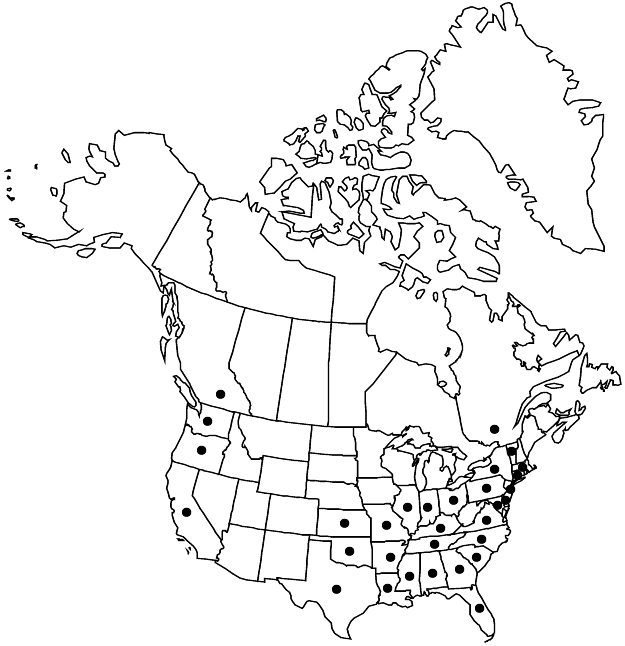Difference between revisions of "Sagina decumbens"
Fl. N. Amer. 1: 177. 1838.
FNA>Volume Importer |
FNA>Volume Importer |
||
| Line 11: | Line 11: | ||
|name=Spergella decumbens | |name=Spergella decumbens | ||
|authority=Elliott | |authority=Elliott | ||
| + | |rank=species | ||
|publication_title=Sketch Bot. S. Carolina | |publication_title=Sketch Bot. S. Carolina | ||
|publication_place=1: 523. 1821 | |publication_place=1: 523. 1821 | ||
| Line 49: | Line 50: | ||
-->{{#Taxon: | -->{{#Taxon: | ||
name=Sagina decumbens | name=Sagina decumbens | ||
| − | |||
|authority=(Elliott) Torrey & A. Gray | |authority=(Elliott) Torrey & A. Gray | ||
|rank=species | |rank=species | ||
| Line 61: | Line 61: | ||
|publication year=1838 | |publication year=1838 | ||
|special status= | |special status= | ||
| − | |source xml=https://jpend@bitbucket.org/aafc-mbb/fna-data-curation.git/src/ | + | |source xml=https://jpend@bitbucket.org/aafc-mbb/fna-data-curation.git/src/f50eec43f223ca0e34566be0b046453a0960e173/coarse_grained_fna_xml/V5/V5_296.xml |
|subfamily=Caryophyllaceae subfam. Alsinoideae | |subfamily=Caryophyllaceae subfam. Alsinoideae | ||
|genus=Sagina | |genus=Sagina | ||
Revision as of 21:52, 16 December 2019
Plants annual, glabrous or glandular-pubescent. Stems ascending or decumbent, frequently purple tinged, few- to many-branched, filiform. Leaves: axillary fascicles absent; basal rosette quickly deciduous; proximal cauline leaves connate basally, not appearing inflated, blade frequently purple tinged, linear, 4–23 mm, not fleshy, base never ciliate, margins conspicuously hyaline basally, apex apiculate, glabrous, distal blades becoming subulate and shorter toward apex, 1–5 mm, apex apiculate, glabrous. Pedicels filiform, glabrous or glandular-pubescent. Flowers terminal or often axillary, 5-merous, rarely 4-merous and then apetalous; calyx base glabrous or glandular-pubescent, often sparsely so; sepals ovate to orbiculate, (1–)1.5–2(–3) mm, hyaline margins conspicuous, margins or apex frequently purple, apex acute to rounded, glabrous or glandular-pubescent at calyx base, remaining appressed to capsule; petals elliptic, (1–)1.5–2(–2.3) mm, slightly longer than sepals at anthesis, equaling or shorter than sepals during capsule development; stamens 5 or 10, occasionally 8. Capsules 2–3(–3.5) mm, longer than sepals, dehiscing to 1/2 capsule length or less. Seeds light tan to light brown, obliquely triangular with abaxial groove, (0.2–)0.3–1.4 mm, smooth or pebbled to strongly tuberculate, protrusions sometimes borne on delicate ridges, ridges forming reticulate pattern (50–80×).
Distribution

North America (including n Mexico).
Discussion
Subspecies 2 (2 in the flora).
Selected References
None.
Key
| 1 | Seeds light tan, smooth or pebbled to strongly tuberculate, protrusions borne on delicate ridges, ridges forming reticulate pattern (50-80×); chiefly se United States | Sagina decumbens subsp. decumbens |
| 1 | Seeds light brown, usually smooth to slightly pebbled, never with reticulate ridge pattern; Pacific Coast region | Sagina decumbens subsp. occidentalis |